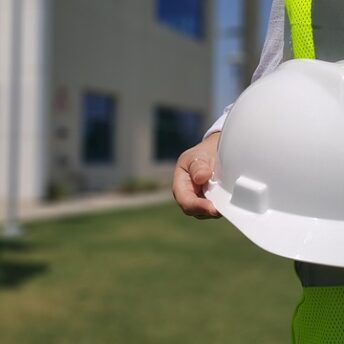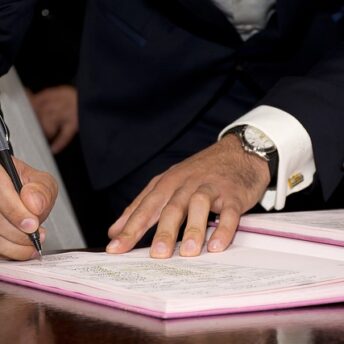The question of whether a contractor is liable for work carried out by its subcontractors can sometimes be a difficult question, particularly when the sub-contract works involve “ultrahazardous” or “inherently dangerous” activities. The answer to this question is important, as it determines whether or not a contractor can pass on liability where the contractor has delegated its responsibilities on. Ultimately, if you have a contract with the contractor and he chooses to use a subcontractor to carry out a portion of the work, irrespective of the apportioned liability between the contractor and subcontractor, you would look to pursue the main contractor as he or she would be responsible for the subcontractor’s work. In this article, who is responsible for subcontractors work UK, we take a look at the options available and the mechanism involved
Free Initial Telephone Discussion
For a free initial discussion on how we can help you with a claim against a contractor for work carried out by a subcontractor, get in touch with us today. We will review your situation and discuss the options open to you in a clear and approachable manner. Early expert legal assistance can save you time and money and will also allow you to avoid the stress of dealing with these issues on your own. Simply call us on 0345 901 0445 or complete our online enquiry form and a member of the team will get back to you.
What is the difference between a contractor and subcontractor?
It should be noted that there is an important distinction between using contractors and subcontractors. Contractors provide agreed services to a client for a set fee and usually for a set duration under a contract for services. Contractors can charge the client fees by the hour, day or on a lump-sum basis. Their contracts often specify milestones for part payment, e.g. on completion of specific goals. Examples of where a contractor might be used includes:
- Building works
- Gardening
- Catering
- Cleaning
Subcontractors undertake a contract from the contractor. Subcontractors undertake work that a contractor cannot do but for which the contractor is responsible.
Subcontractors can be anything from an individual self-employed person – e.g. a plumber carrying out work for a building contractor – to a large national organisation. A subcontractor has a contract with the contractor for the services provided – an employee of the contractor cannot also be a subcontractor.
For example, a building contractor may hire a subcontractor to complete the electrical wiring part of the contractor’s building job. The contractor is responsible to the client for the building job including the part performed by the subcontractor.
If there is fault where does it lie?
This is a key question to ask, as it determines whether or not a contractor can pass on liability where the contractor has delegated its responsibilities to a sub contractor. Previously, it was commonly thought that many activities which were hazardous were “nondelegable”. This means that liability rests with the contractor even if he shows that he exercised all reasonable care in the selection of the independent contractor. However, a Court of Appeal case considered this point and narrowed the application of this principle in favour of the delegating contractor. Now, only if an activity is “ultra-hazardous” in spite of all sensible precautions having been taken will the person who engaged the independent contractor be subject to a “non-delegable” duty of care. This is a welcome result for contractors and their ability to pass liability down the supply chain.
What does the law say about liability?
The current legal position is in favour of the delegating party i.e. the contractor. The law states that where a person delegates work to an apparently skilled and competent contractor, he will not be liable for the negligence of that contractor. However, as mentioned above, this general position is overridden by the legal principle of “non-delegable duties”, such as where the independent contractor was engaged in activities which were “ultrahazardous” or “inherently dangerous”. The question arises as to what is classed as “ultrahazardous”. Examples of these type of operations include structural work to adjoining properties and carrying out dangerous work on the public highways. In these circumstances, a contractor can be liable even if he has stipulated that all reasonable precautions should be taken by the independent contractor.
Consequently, it will be an option to sue the contractor for the work of the subcontractor who will in turn pursue the subcontractor. There may be arguments as to the extent of any liability between the contractor and subcontractor but this will not ultimately be your concern.
How we can help
We have a proven track record of helping clients with litigation cases against contractors. We firmly believe that with the right solicitors by your side, the entire process will seem more manageable and far less daunting.
How to Contact our Corporate Solicitors
It is important for you to be well informed about the issues and obstacles you are facing. However, expert legal support is crucial in terms of saving you money and ensuring you achieve a positive outcome. This matter can involve both construction and property litigation law and we are highly experienced in both these areas
To speak to our Commercial solicitors today, simply call us on 0345 901 0445, or allow a member of the team to get back to you by filling in our online enquiry form. We are well known across the country and can assist wherever you are based. We also have offices based in Cheshire and London.
Disclaimer: This article provides general information only and does not constitute legal advice on any individual circumstances.





Leave a Reply
You must be logged in to post a comment.